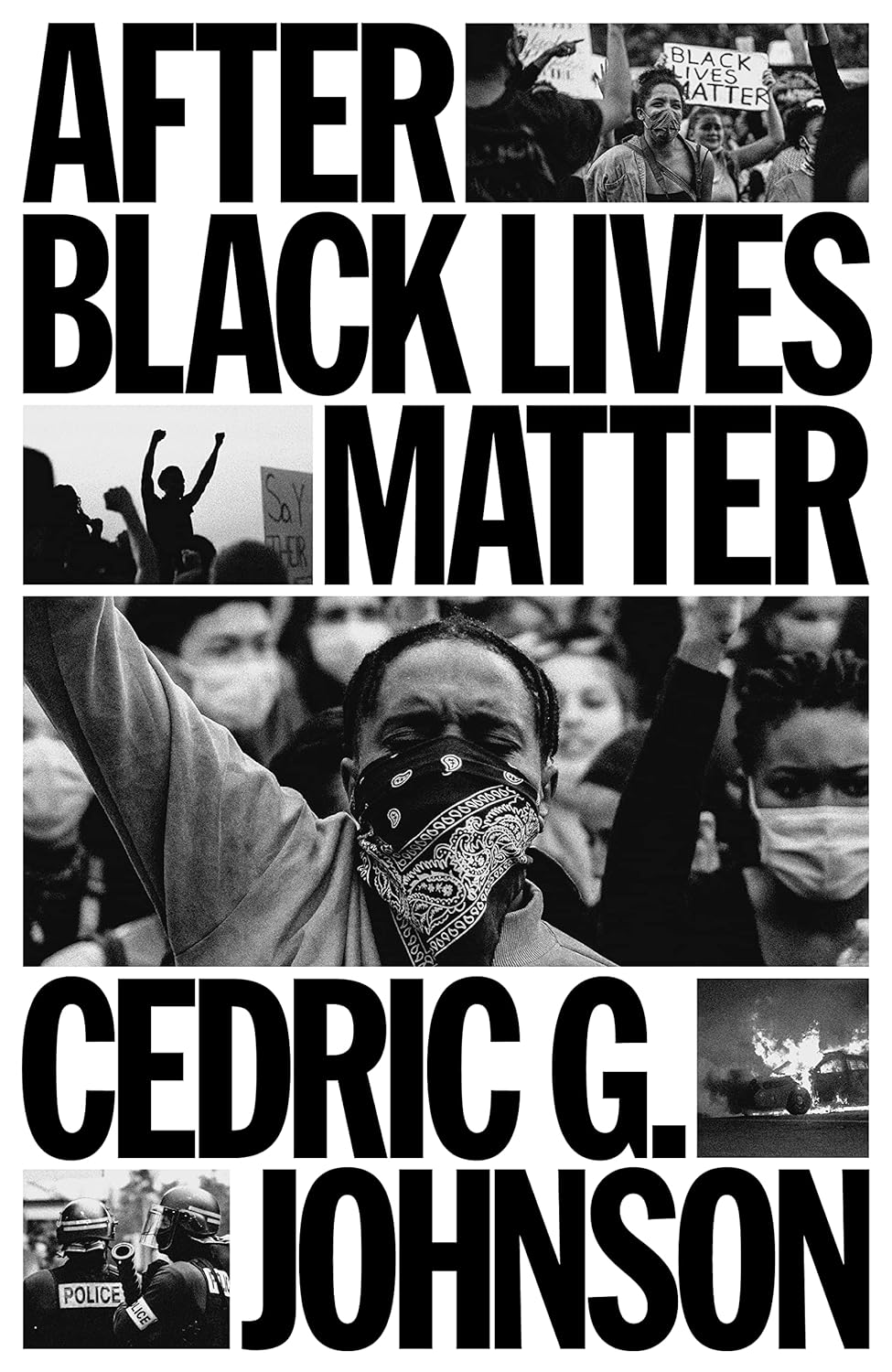Couldn't load pickup availability
Why did a movement as powerful as the one inspired by the murder of George Floyd fall short of securing its most militant demands?
The murder of George Floyd prompted a historic uprising that transformed the way Americans and the world think about race and policing. Why did that movement fall short of the most militant demands to defund and dismantle police departments? After Black Lives Matter argues that the failure to make institutional changes was not a simple result of the mercurial and reactive character of the protests. Rather, the core of the movement itself failed to locate the central racial injustice that underpins the crisis of policing: socioeconomic inequality.
The anticapitalist and downwardly redistributive politics of many Black Lives Matter activists has too often been drowned out in the flood of black wealth creation, the fetishism of Jim Crow black entrepreneurship, corporate diversity initiatives, and a quixotic reparations demand. Contemporary policing reflects the turn from welfare to domestic warfare as the chief means of controlling the most dispossessed elementsof the working class.
The way forward lies in building popular democratic power to advance redistributive policies and social welfare.
Cedric Johnson is associate professor of African American Studies and Political Science at the University of Illinois at Chicago. His book, Revolutionaries to Race Leaders: Black Power and the Making of African American Politics was named the 2008 W.E.B. DuBois Outstanding Book of the Year by the National Conference of Black Political Scientists. Johnson is the editor of The Neoliberal Deluge: Hurricane Katrina, Late Capitalism and the Remaking of New Orleans. His 2017 Catalyst essay, "The Panthers Can't Save Us Now," was awarded the 2018 Daniel Singer Millenium Prize. Johnson's writings have appeared in Nonsite, Jacobin, New Political Science, New Labor Forum, Perspectives on Politics, Historical Materialism, and Journal of Developing Societies. In 2008, Johnson was named the Jon Garlock Labor Educator of the Year by the Rochester Central Labor Council, AFL-CIO. He previously served on the representative assembly for UIC United Faculty Local 6456.
- Publisher: Verso
- Publish Date: February 20, 2024
- Pages: 416
- Dimensions: 0.0 X 0.0 X 0.0 inches | 0.81 pounds
- Language: English
- Type: Paperback
- EAN/UPC: 9781804293003
- BISAC Categories: Ethnic Studies - African American Studies, Race & Ethnic Relations, Activism & Social Justice

